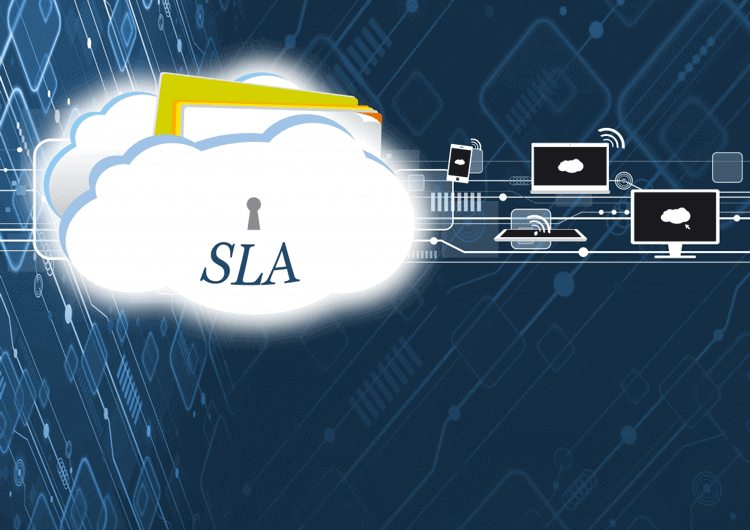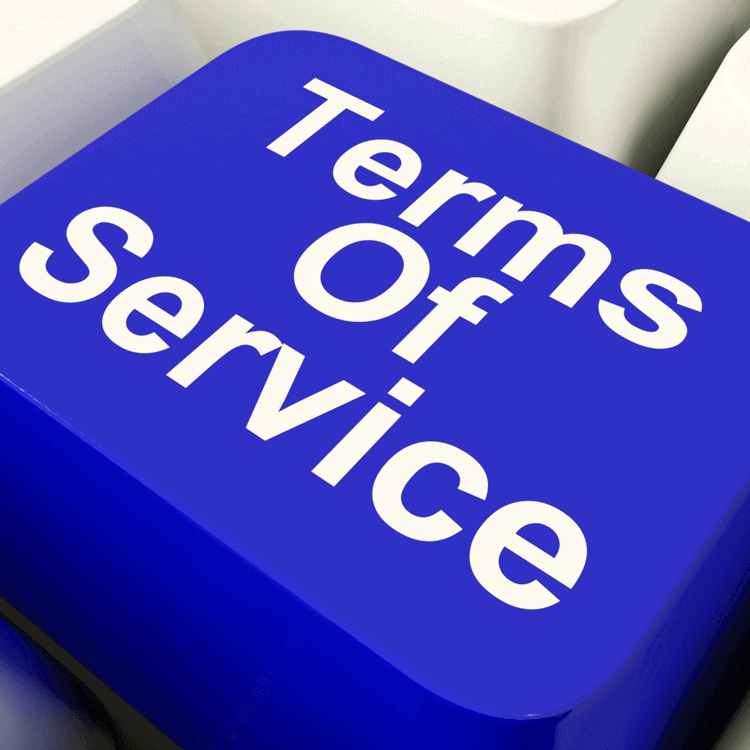6 Important Considerations for Service Level Agreements in Cloud Computing
When it comes to cloud computing, Service Level Agreements (SLAs) act as both the structure and warranty of the terms of the relationship between the consumer and provider. SLAs that are tailored toward services in the cloud often include information that differs from other agreements in similar industries.

What is a Service Level Agreement (SLA) in Cloud Computing?
A Service Level Agreement (SLA) in cloud computing is a formal contract between a cloud service provider and a customer. It outlines specifically the expected level of service, and it notes key performance metrics such as uptime, availability, response time, and support commitments.
SLAs in cloud computing also define the responsibilities of both parties. They include terms for compensation or penalties if the service levels are not met.
These agreements help ensure reliability from the service provider and transparency to the customer. That helps give customers extra confidence in the service provider, which can lead to less customer churn.
Shared Responsibility in Cloud Service Level Agreements
Most cloud service level agreements use a shared responsibility model, meaning both the provider and the customer have defined obligations.
While the cloud provider is typically responsible for infrastructure availability security, the customer may be responsible for:
- User access controls
- Data configuration
- Application-level security
6 Considerations When Implementing a Cloud Service Level Agreement
The following are six important considerations to be aware of for service level agreements customized for the cloud:
-
Data Ownership in Cloud SLAs
Outlined in an article by Thomas Trappler, one of the main differences for cloud SLAs is that the particular institution requesting service assumes ownership of the data that it would be storing on the service provider's system.
-
Security Standards for Cloud SLAs
Also from the above article, another element which is considered standard among other SLAs, though seen as integral in one geared toward services in the cloud, is concise detail of the system infrastructure and security standards to be managed by the service provider.
-
Pre-Set Ground Rules
The online world poses many challenges and uncertainties in the form of cyber attacks and privacy. Ensuring that a strong set of ground rules is in place from the start, whether it be through a service level agreement or similar, is important to avoid future questions or issues.
Something to note is that, SLAs often exclude issues resulting from customer misconfigurations. It's essential then to understand what the provider's responsibility is versus what the customer's responsibility is.
-
6 Areas of SLA Coverage
Areas of coverage should also include:
- Availability
- Performance
- Security/privacy
- Location of the data
- Portability of the data
- Accessibility of the data
Also, understanding how these coverages are defined and measured is critical when evaluating a cloud provider.
-
Technical Staff Review
It is important to read the cloud provider's service level agreement with great detail. Having technical staff review potential outage situations and compare it to covered situations outlined in the particular SLA is also good organizational practice.
-
Tailored Guidelines for Global Cloud
The cloud crosses international borders, so potential issues and rules can differ from services rendered locally. It is best practice to secure important guidelines tailored toward the cloud.
Key Metrics for Measuring Cloud SLA Success
Cloud service level agreements are structured with measurable performance metrics. These metrics define how service quality is tracked and how compliance is determined.
Common cloud SLA metrics include:
- Availability / Uptime: Typically noted as a percentage (such as 99.9%), indicating how often the service is expected to be operational
- Response Time: How quickly the provider acknowledges a support request after it is submitted
- Resolution Time: How long it takes to fully resolve an issue once it has been acknowledged
- Performance Benchmarks: Metrics related to system speed, latency, or transaction processing
What Happens When a Cloud SLA Is Not Met?
Cloud SLAs typically detail what happens when service levels are not met. In most cases, usually service credits are the result, not necessarily direct refunds. Service credits are usually calculated as a percentage of the monthly service fee, and also often need to be requested within a certain time from the incident.
Of course, there are almost always exceptions to downtime that is not the responsibiltiy of the provider, such as:
- Scheduled maintenance
- Customer-caused outages
- Issues outside the provider's control
The Final Word
As reliance on cloud services grows, service level agreements must clearly reflect the realities of cloud computing. Cloud SLAs differ from traditional agreements in meaningful ways, from shared responsibility models to availability calculations and enforcement terms. Well-defined cloud SLAs help organizations understand performance expectations, responsibilities, and risk, making them a key part of selecting and managing cloud service providers.





